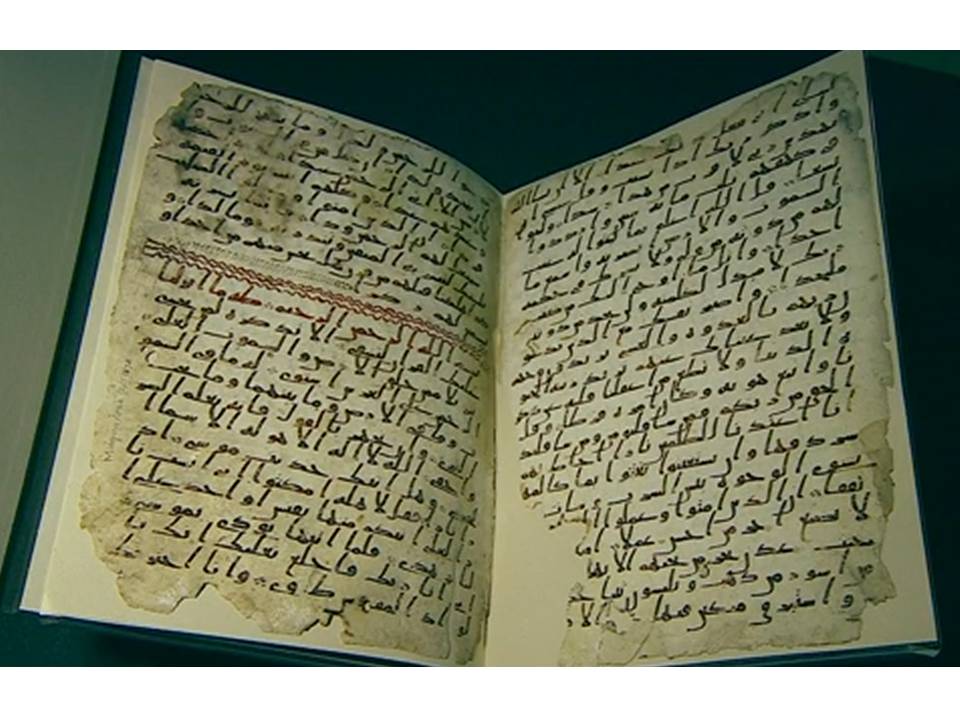‘Oldest’ Koran fragments discovered at Birmingham University
The oldest fragments of the Qur’an ever discovered have been found in the Mingana Collection at the Birmingham University Library.
 Those fragments (2 folii) written in Hijazi script on parchment have been carbon-dated around 568-645 A.D. and are remarkably clear and well-preserved. Their datation means that they could be contemporary to the Prophet Muhammad (who died in 632) and the copyist could well have heard the Prophet Muhammad preaching.
Those fragments (2 folii) written in Hijazi script on parchment have been carbon-dated around 568-645 A.D. and are remarkably clear and well-preserved. Their datation means that they could be contemporary to the Prophet Muhammad (who died in 632) and the copyist could well have heard the Prophet Muhammad preaching.
Birmingham University has announced that those fragments will be put on public display.
For more information so far, see the BBC article here: http://www.bbc.co.uk/news/business-33436021
This piece of extraordinary news is likely to incite many of us to give a closer look at our own manuscripts…
Speaking of which, SOAS Library holds 18 manuscripts of the Quran, the oldest one dating back to the 2-3rd cent. A.H. (8-9th cent. A.D.) and consist in 27 folii in Kufic hand on parchment (ms. 199351)
To discover more of our manuscripts at SOAS in Arabic script, in Arabic, Persian and Ottoamn Turkish languages, consult Fihrist, the National Union Catalogue of Manuscripts in Arabic Script: www.fihrist.org.uk . More than 15500 manuscript works in Arabic script are catalogued in Fihrist so far, from 12 different libraries (including Oxford and Cambridge University Libraries and the British Library).
